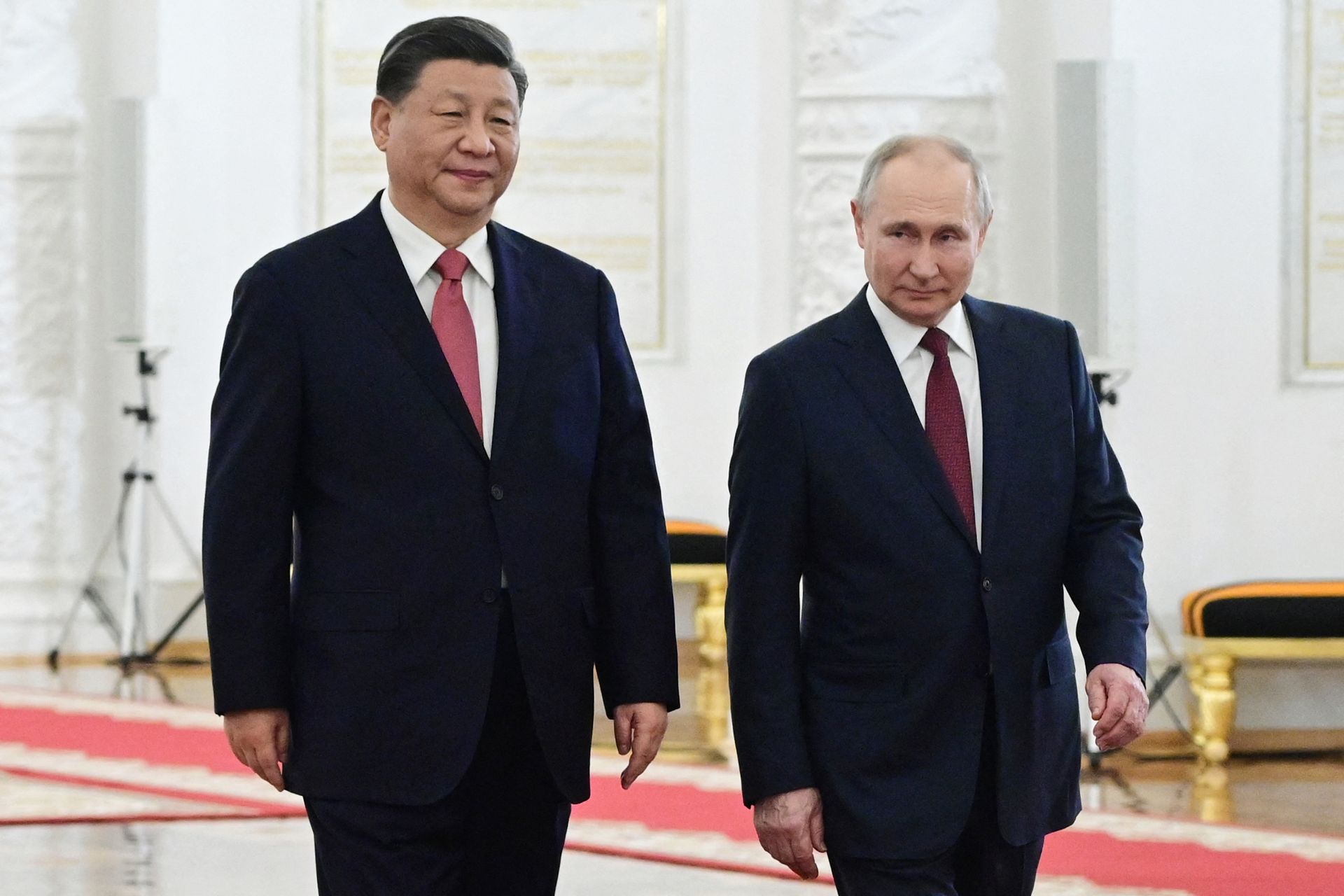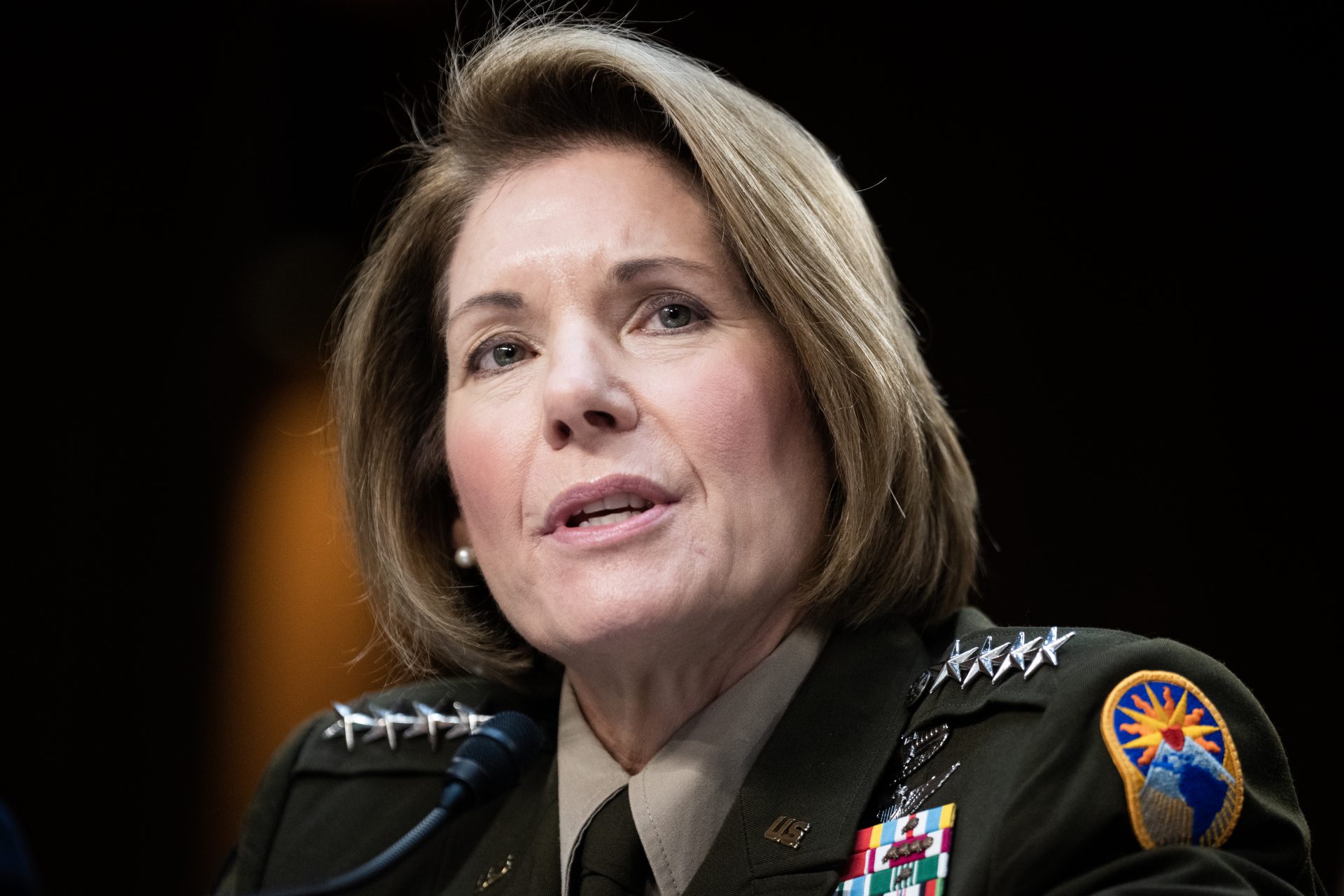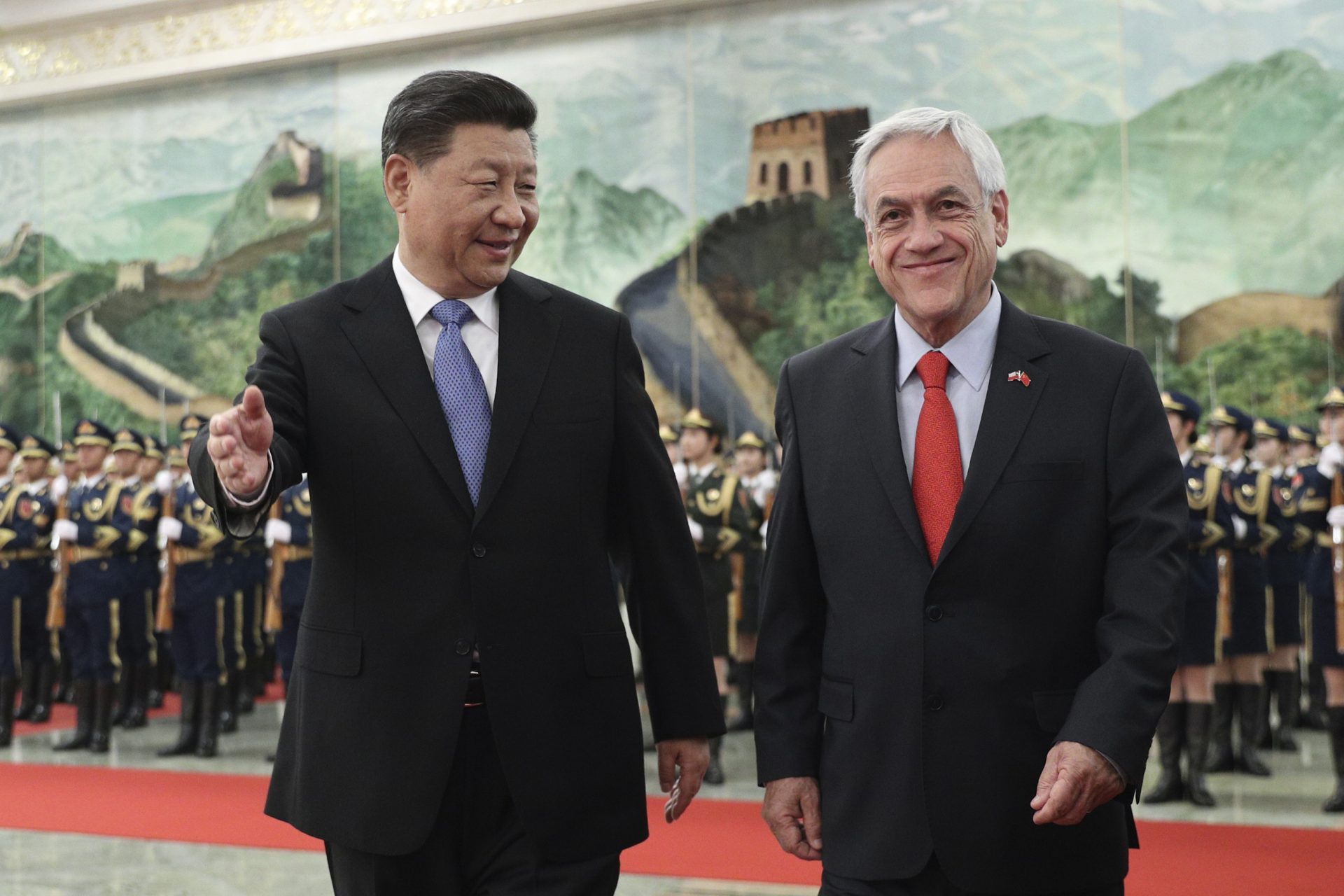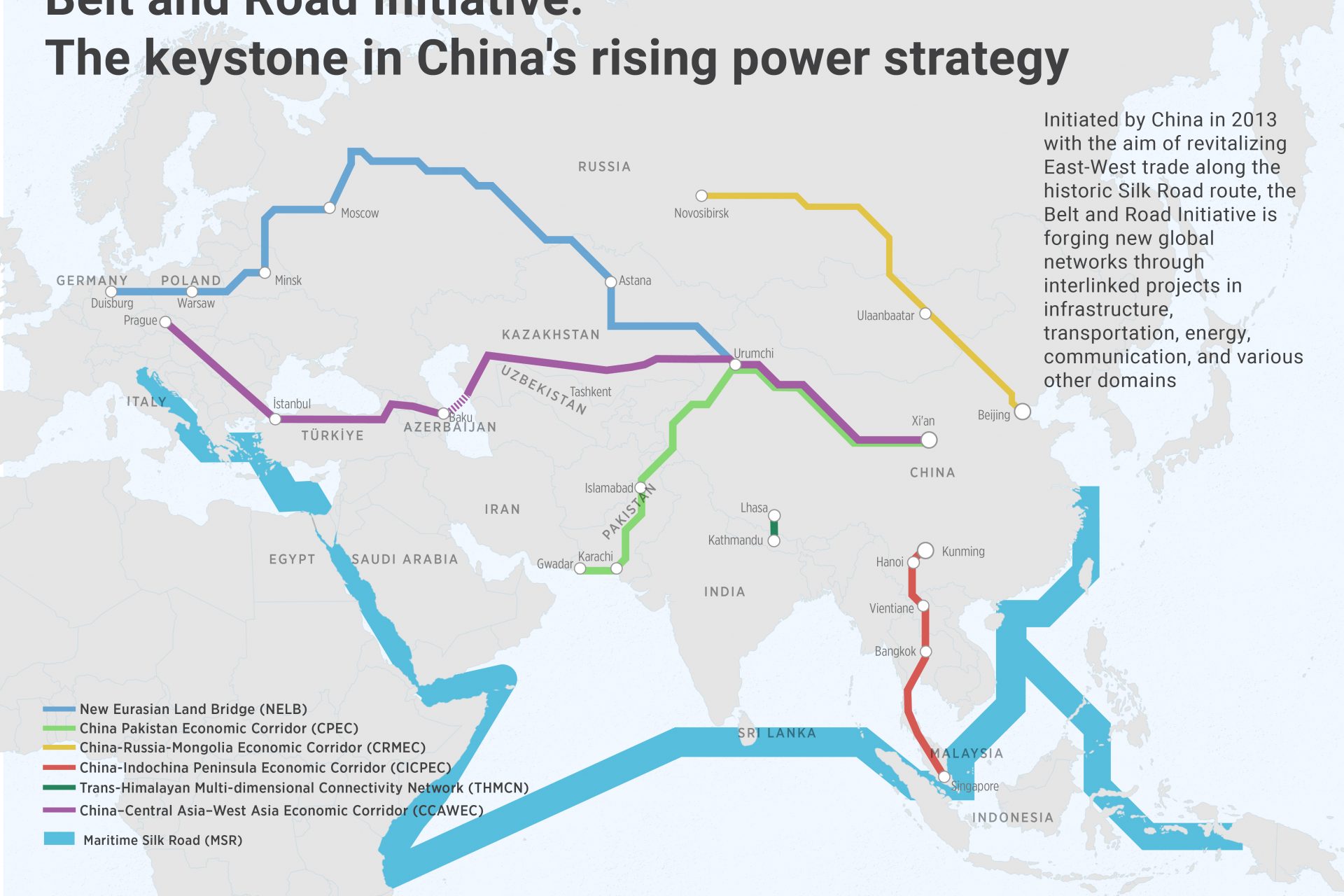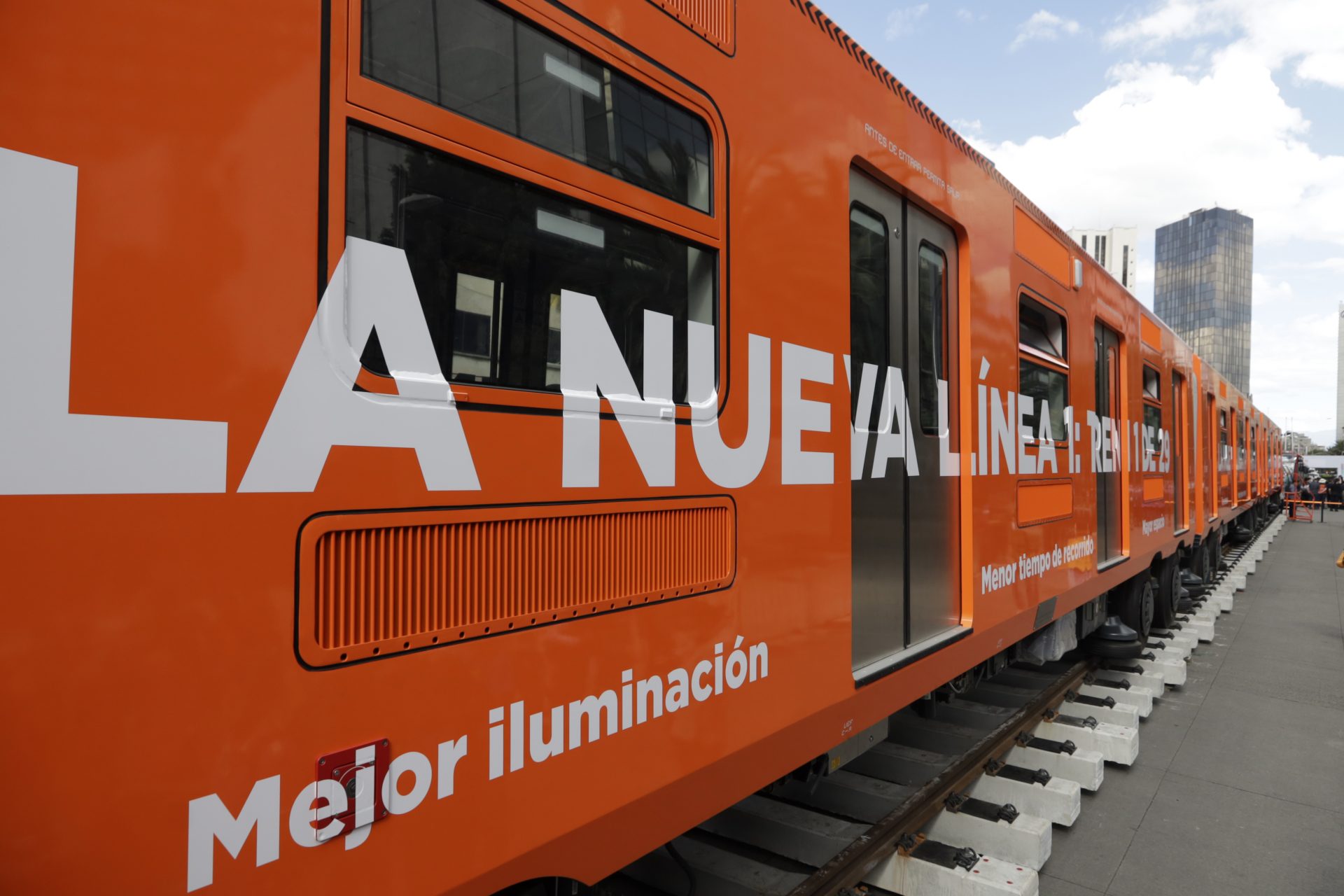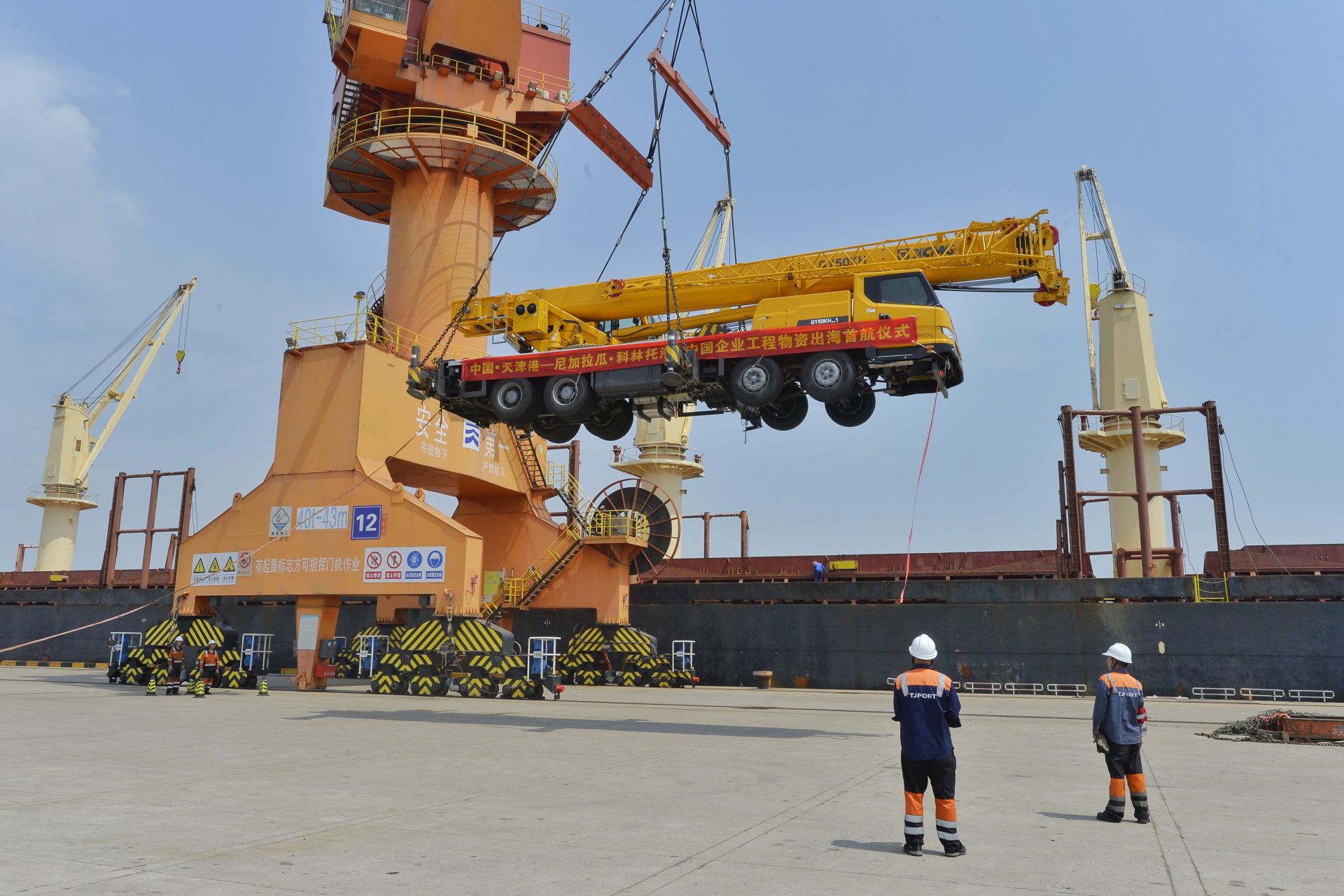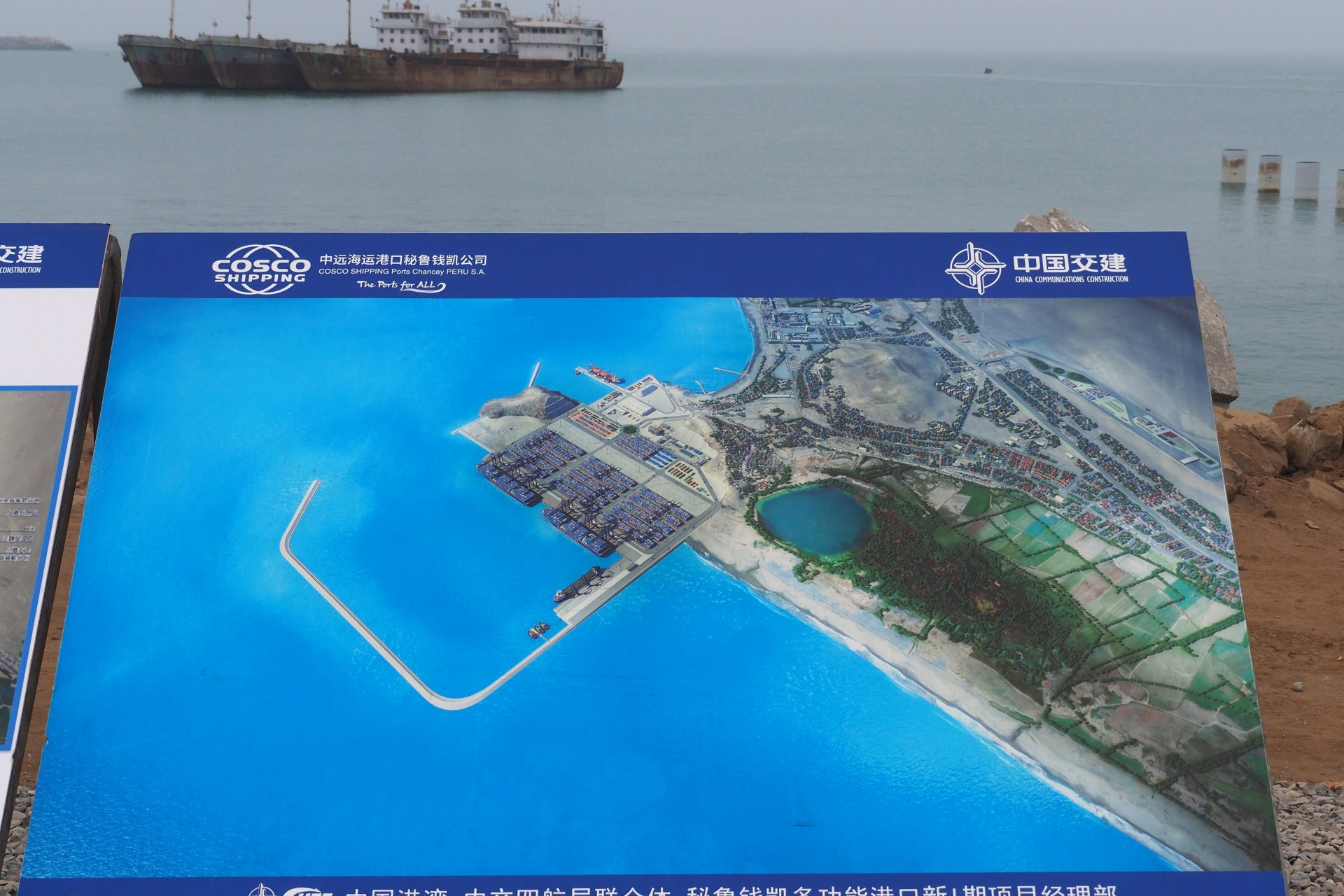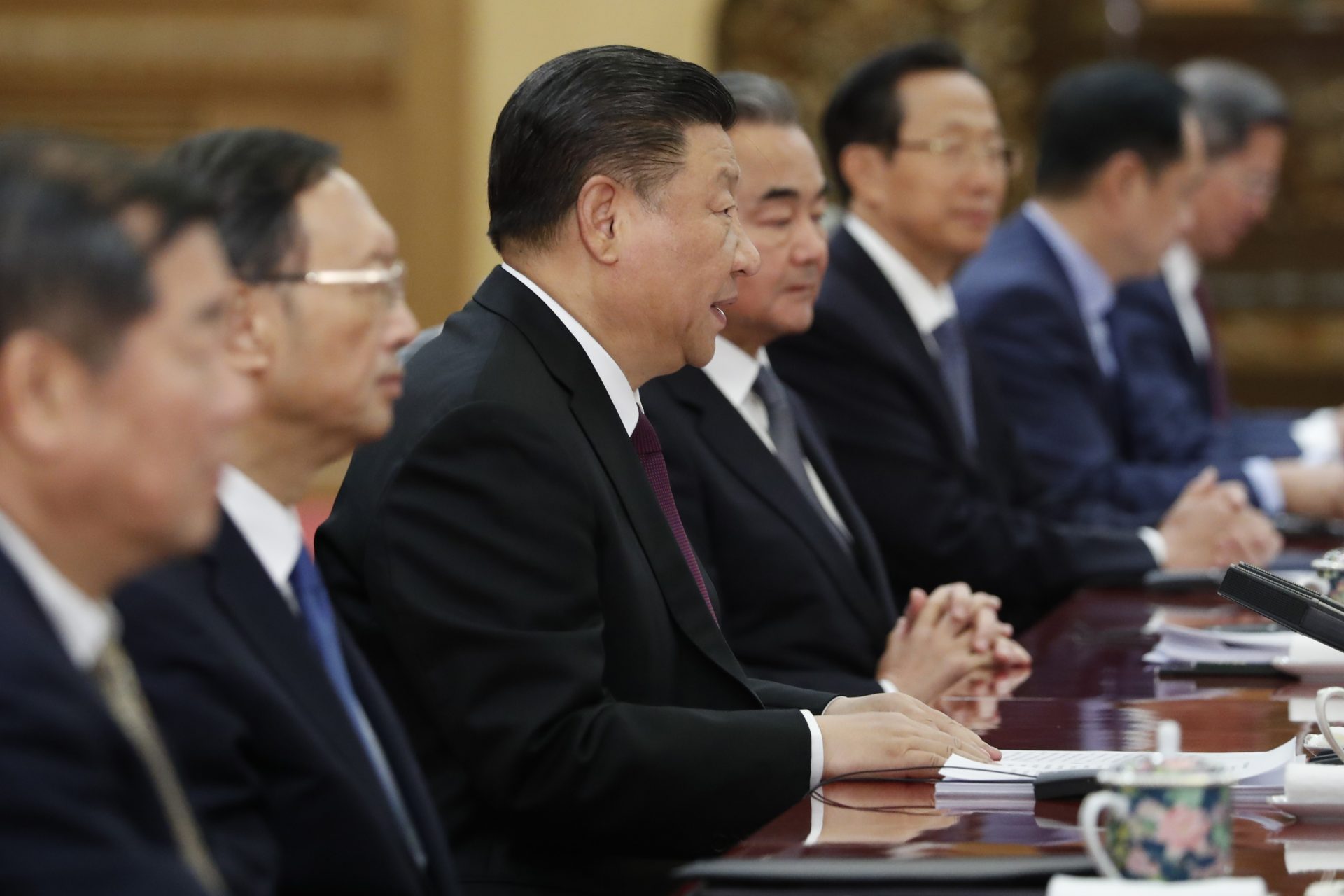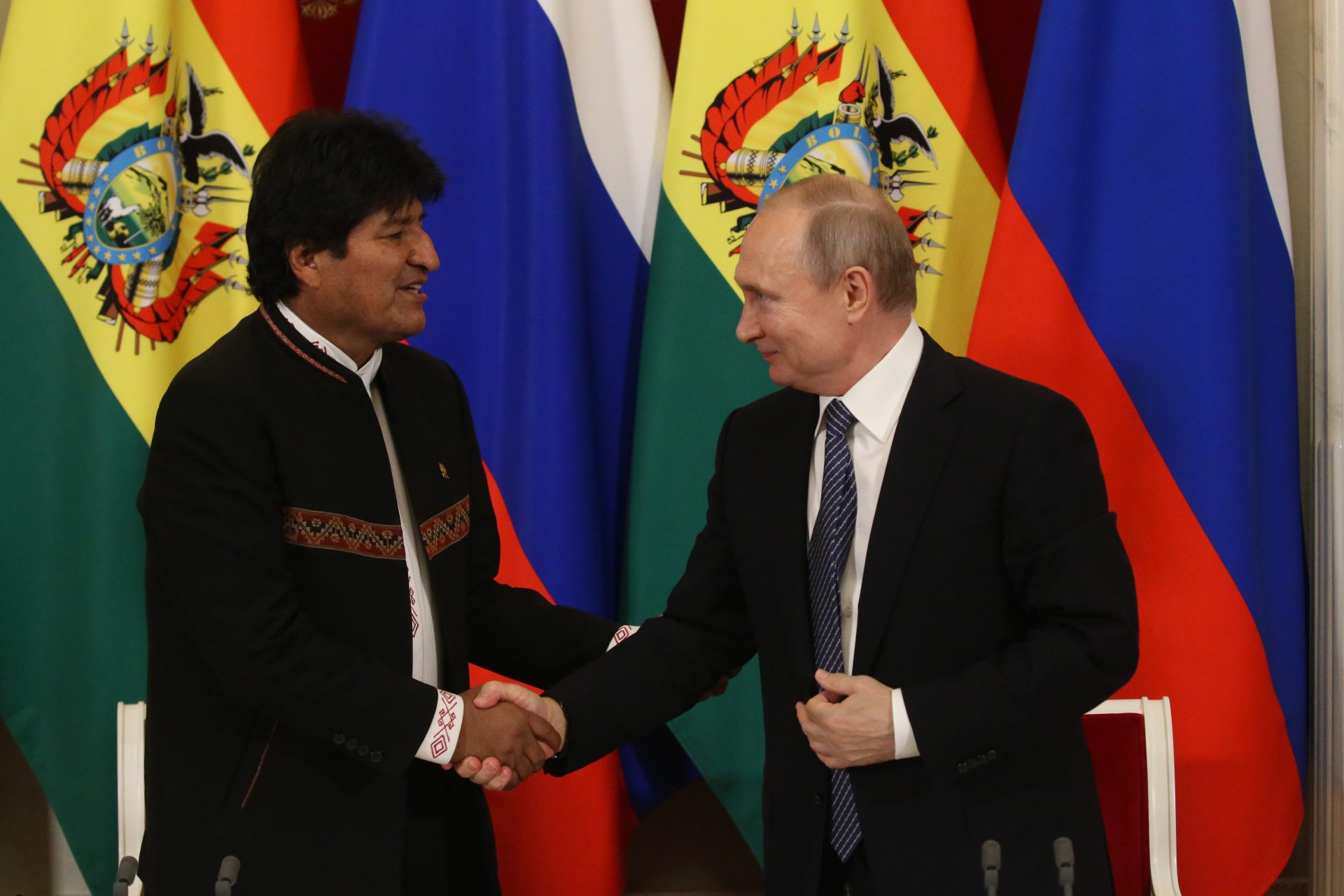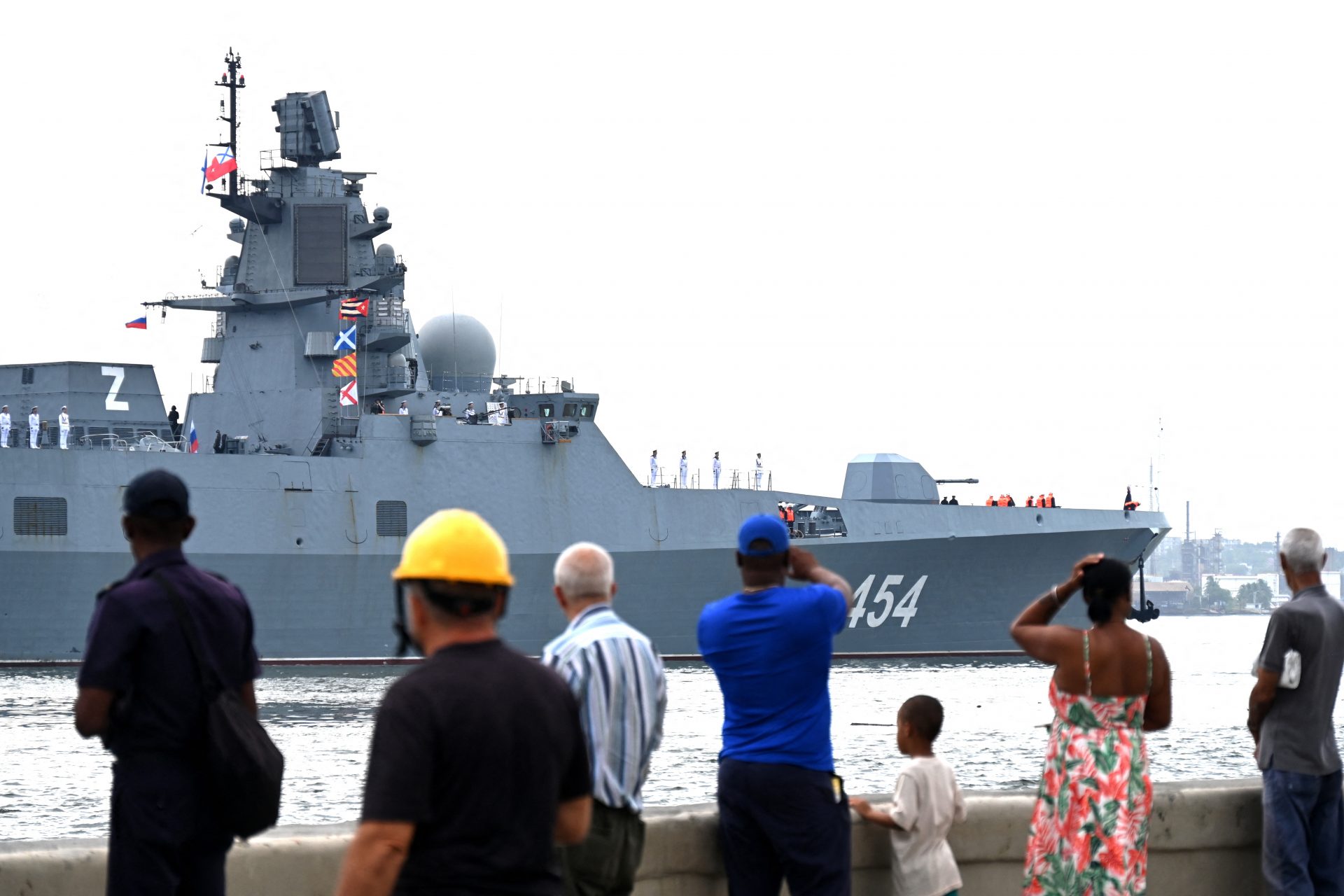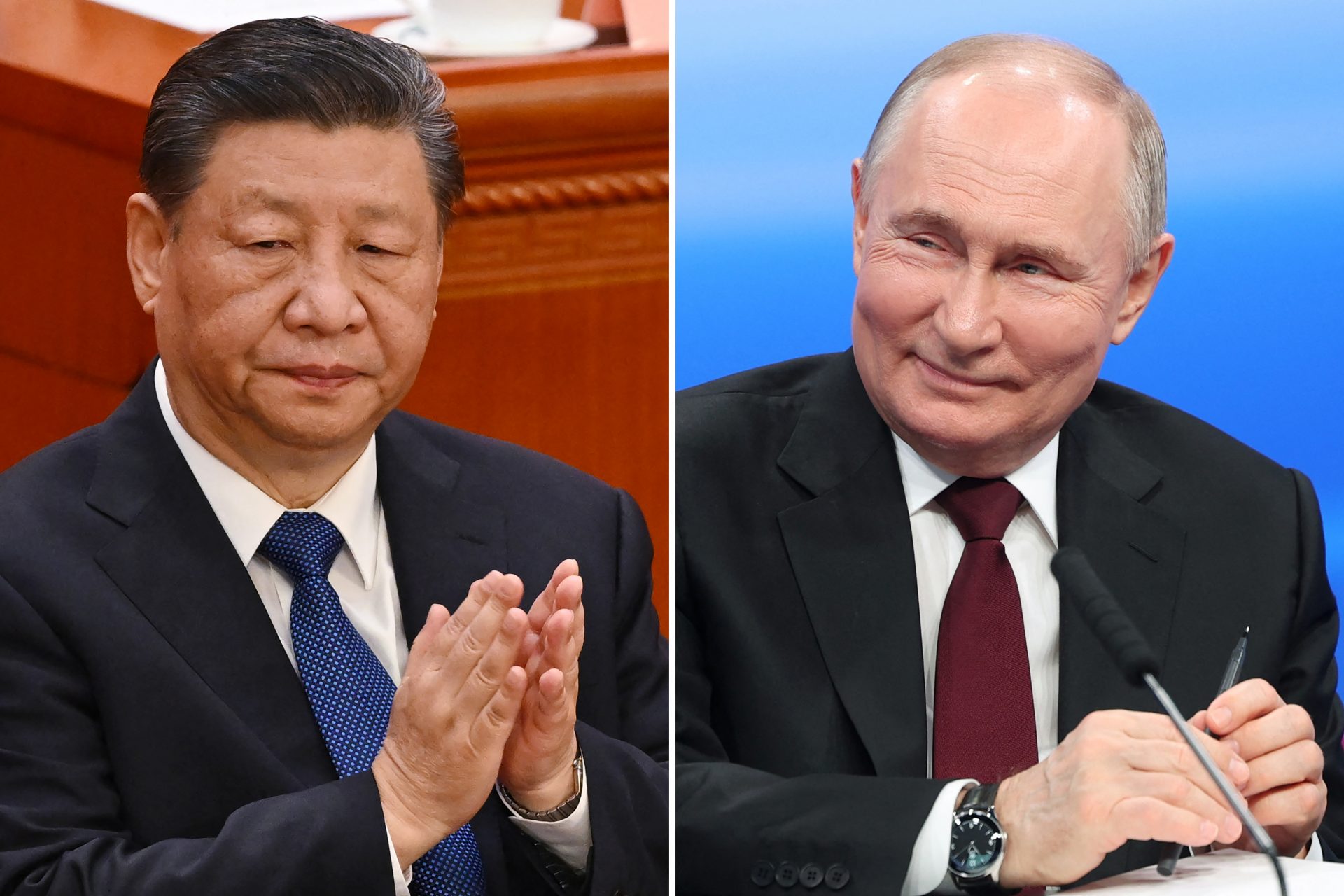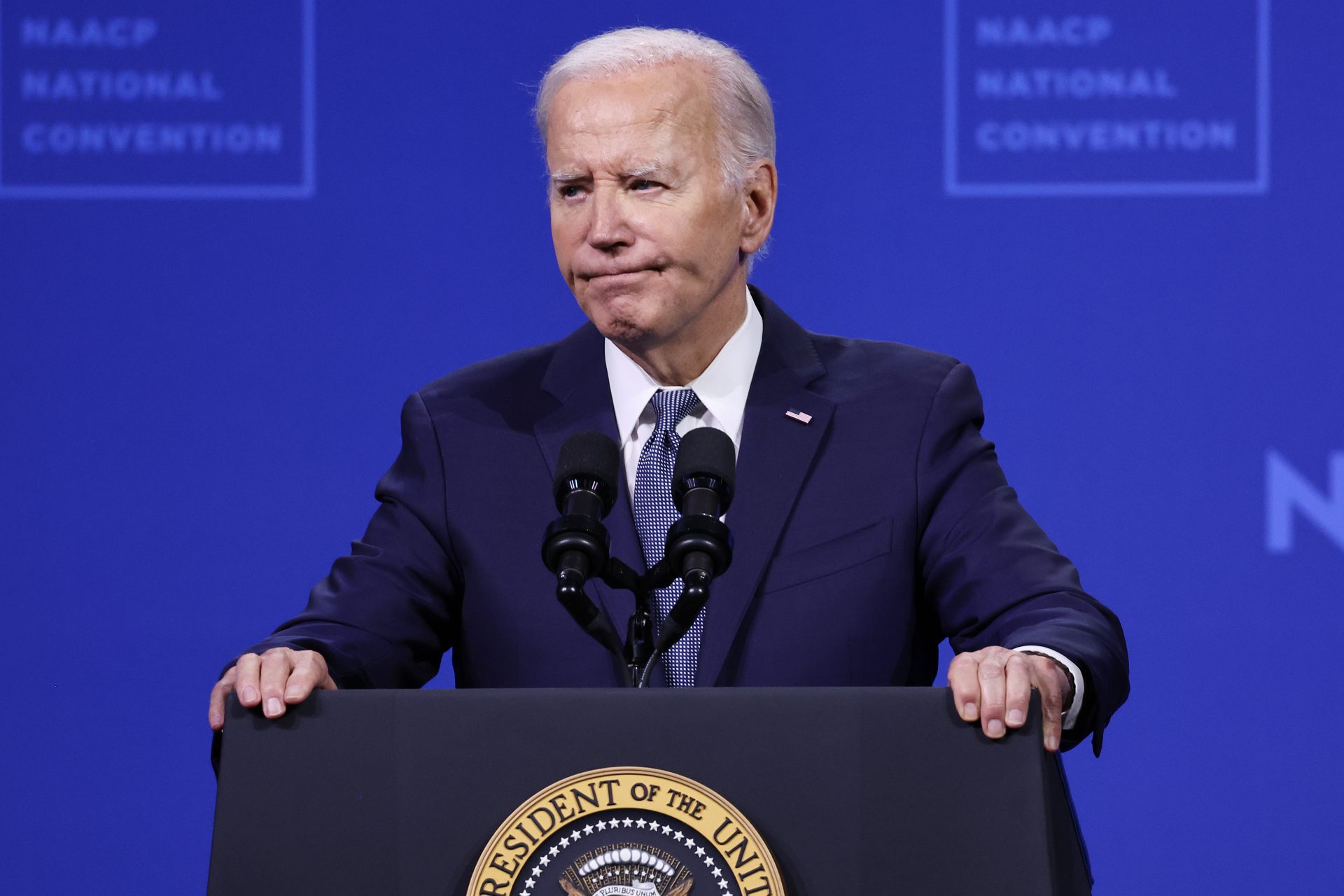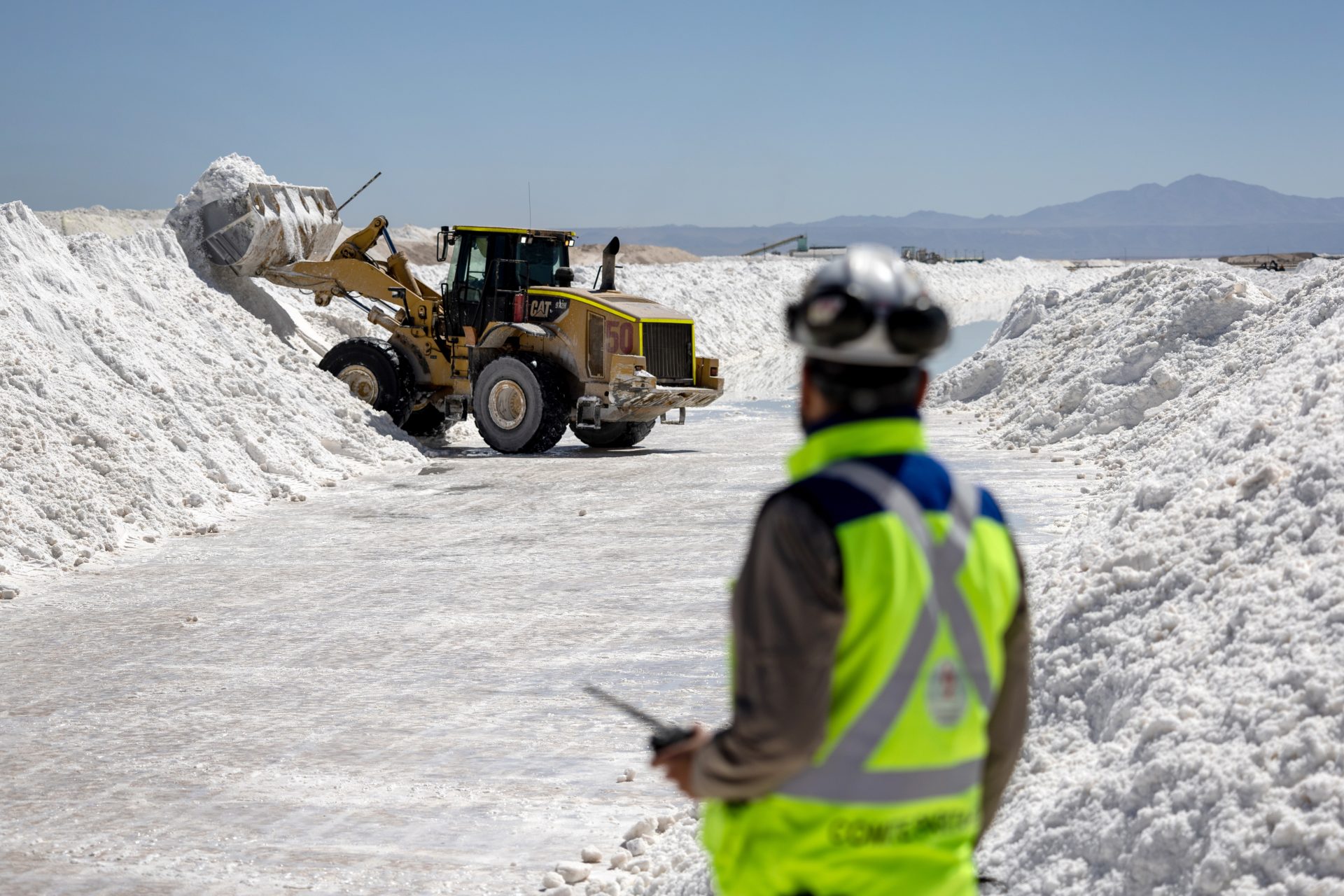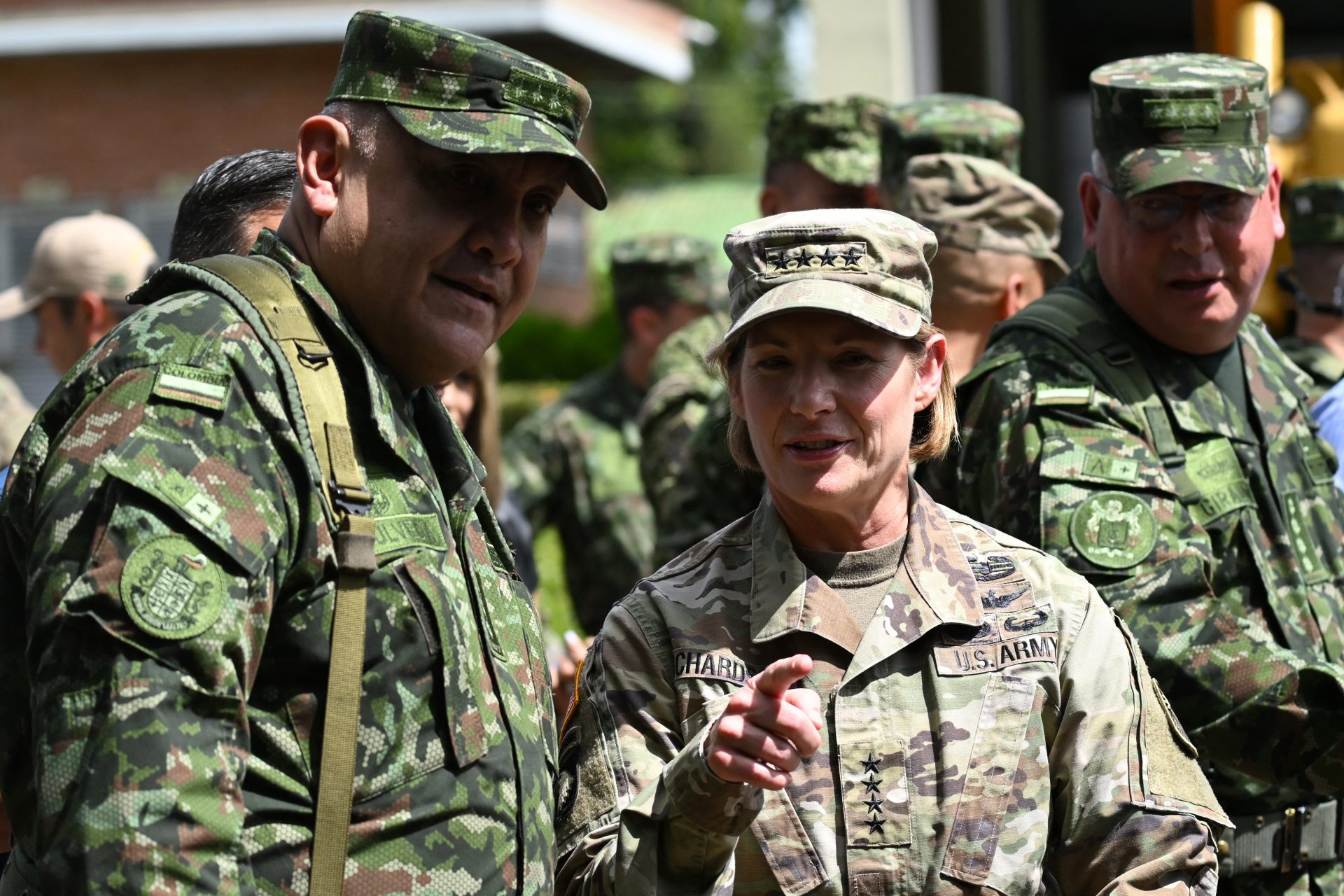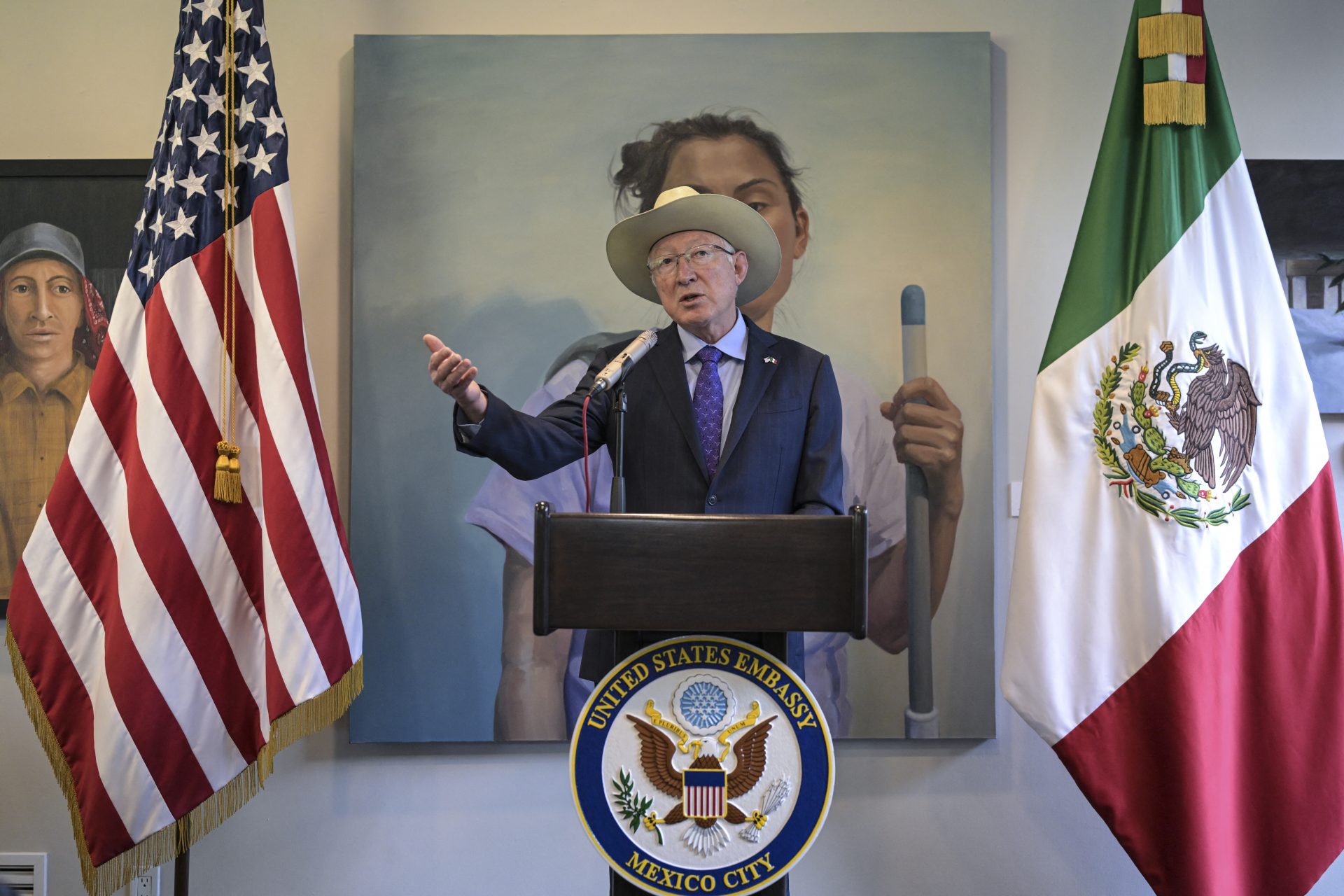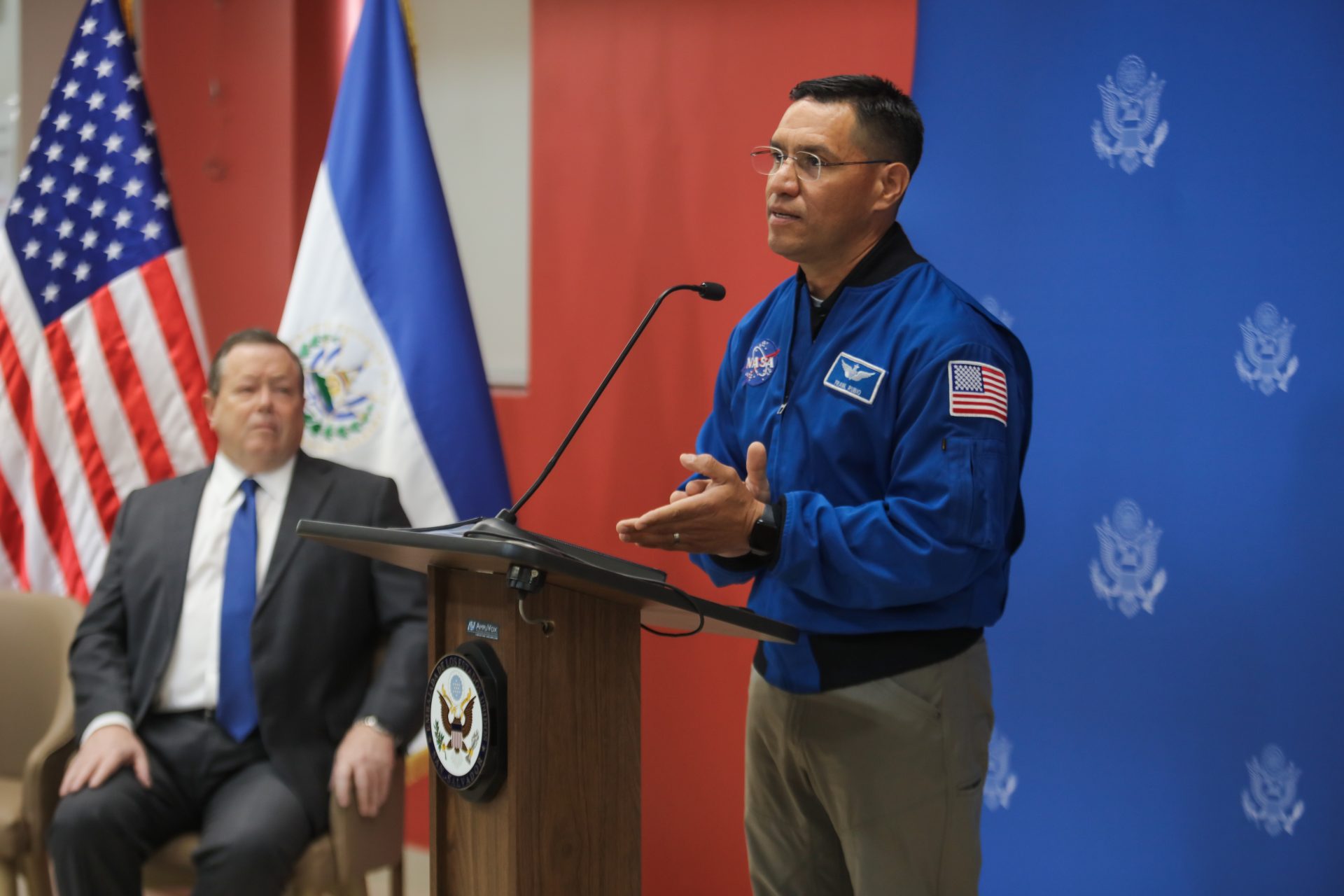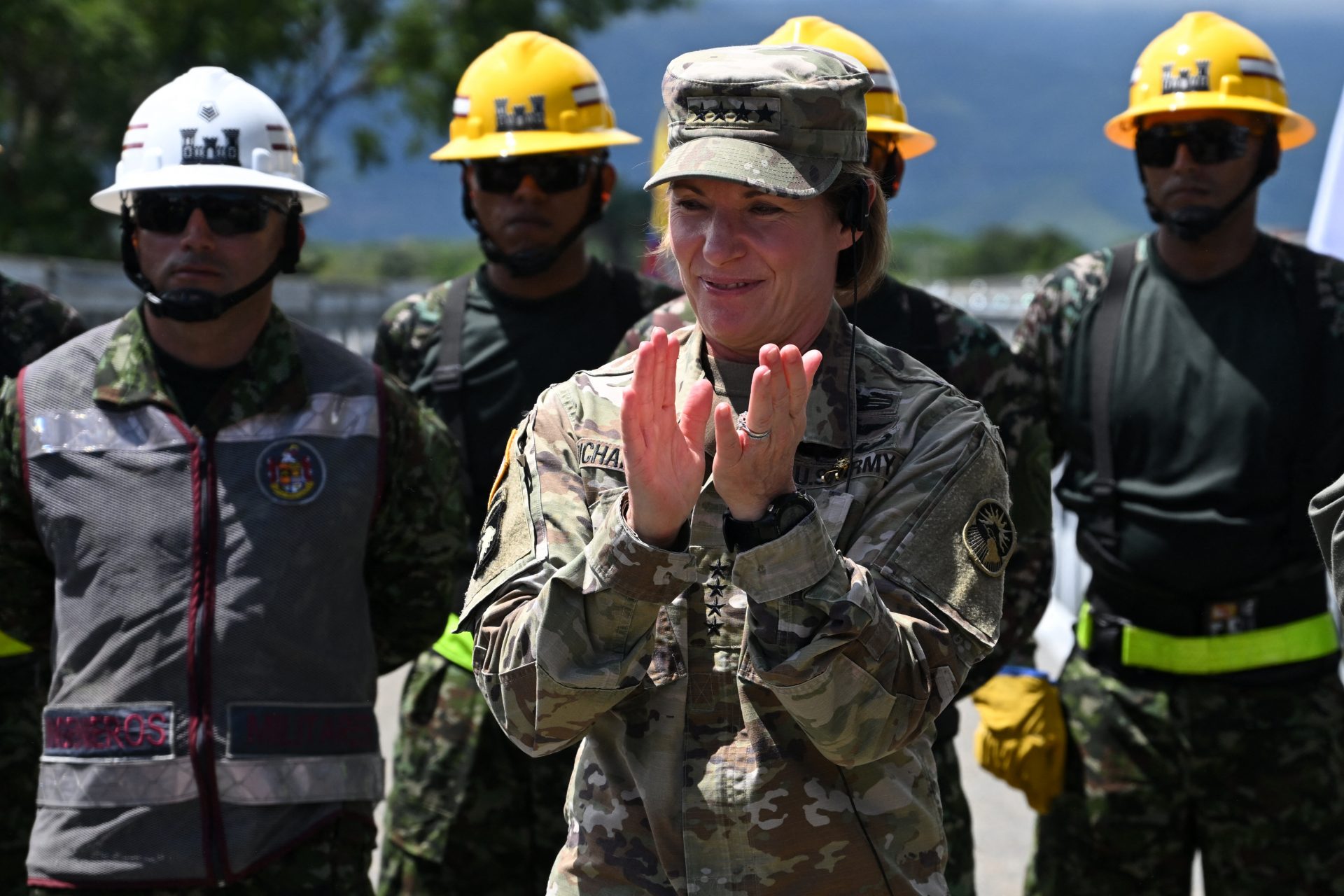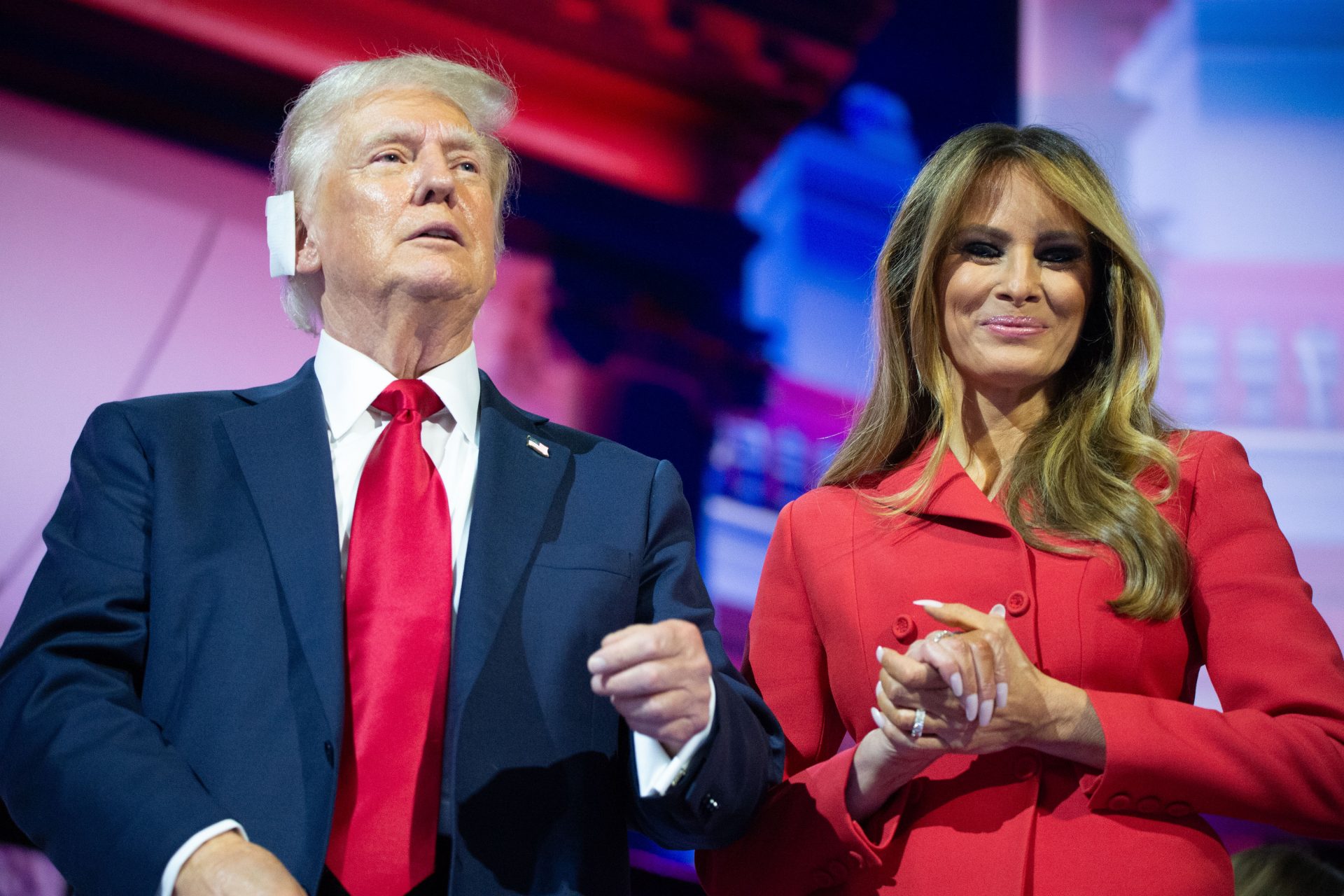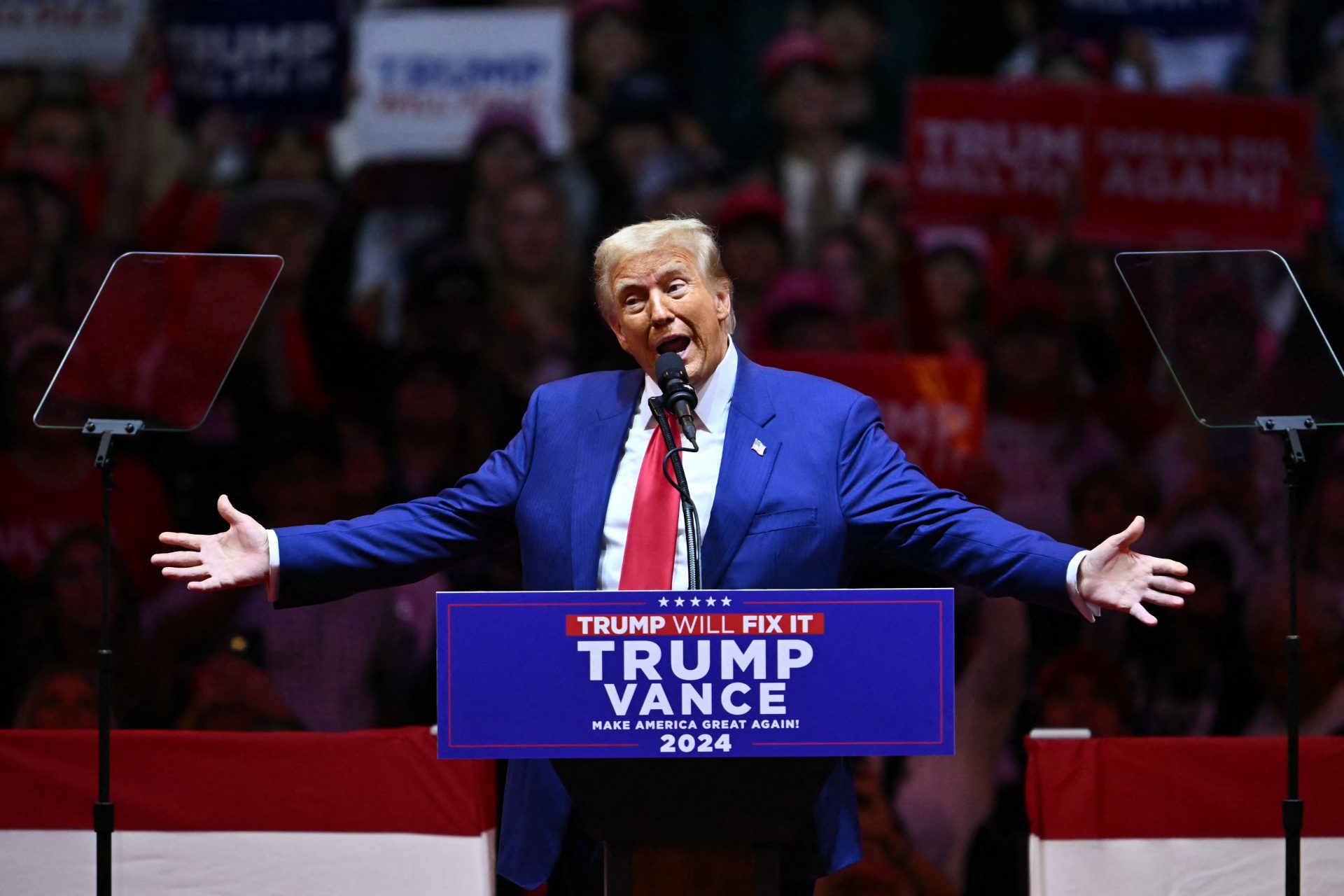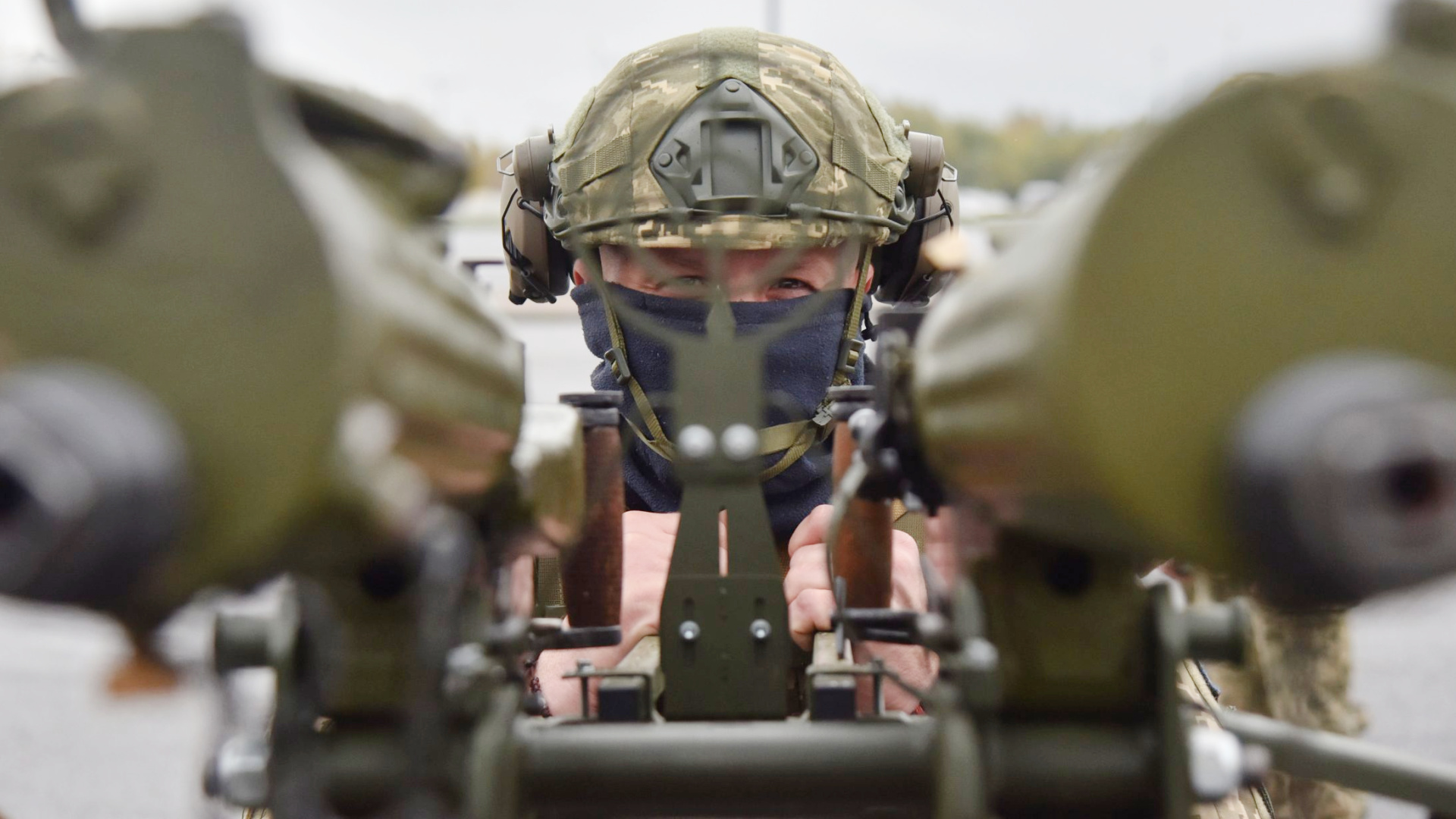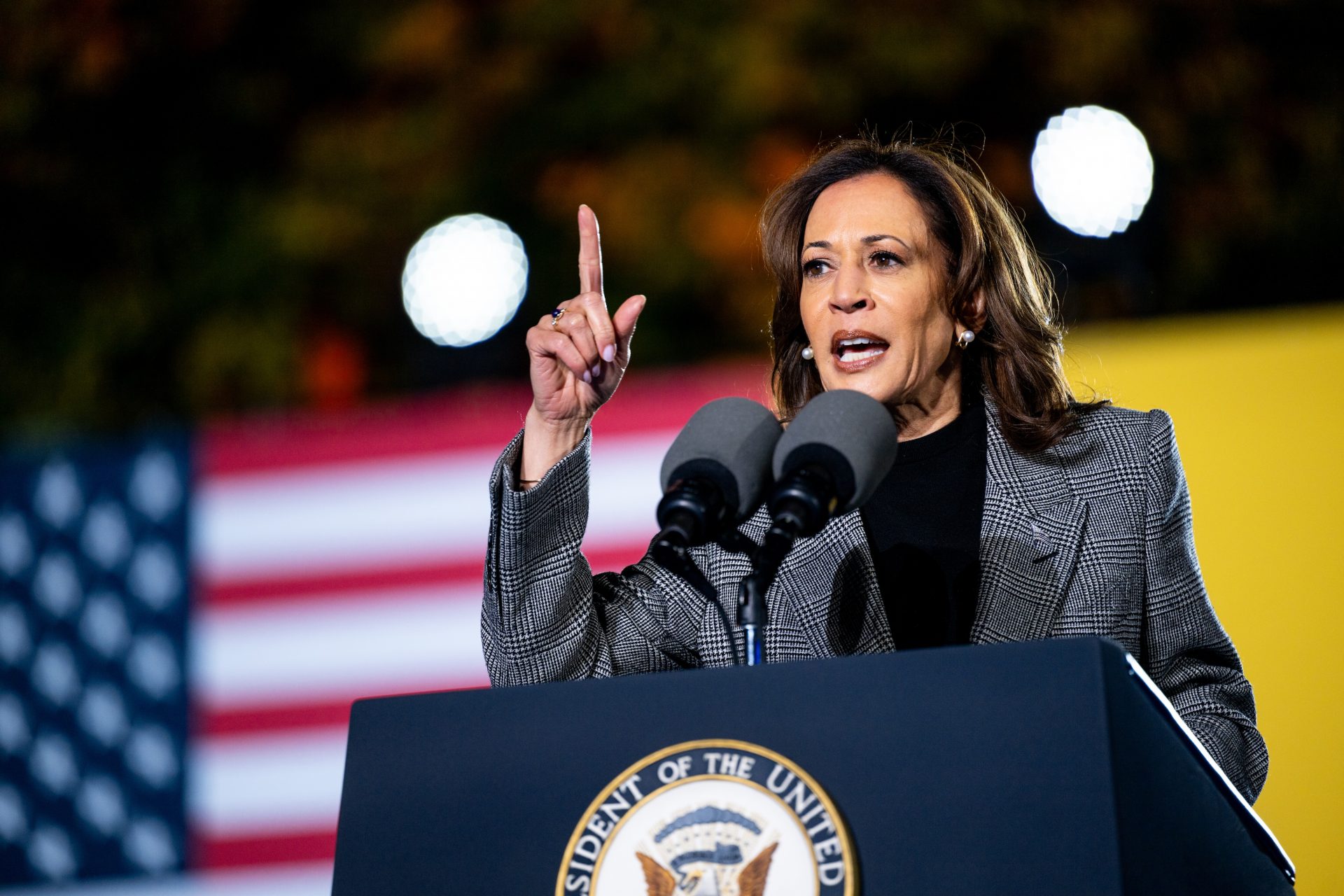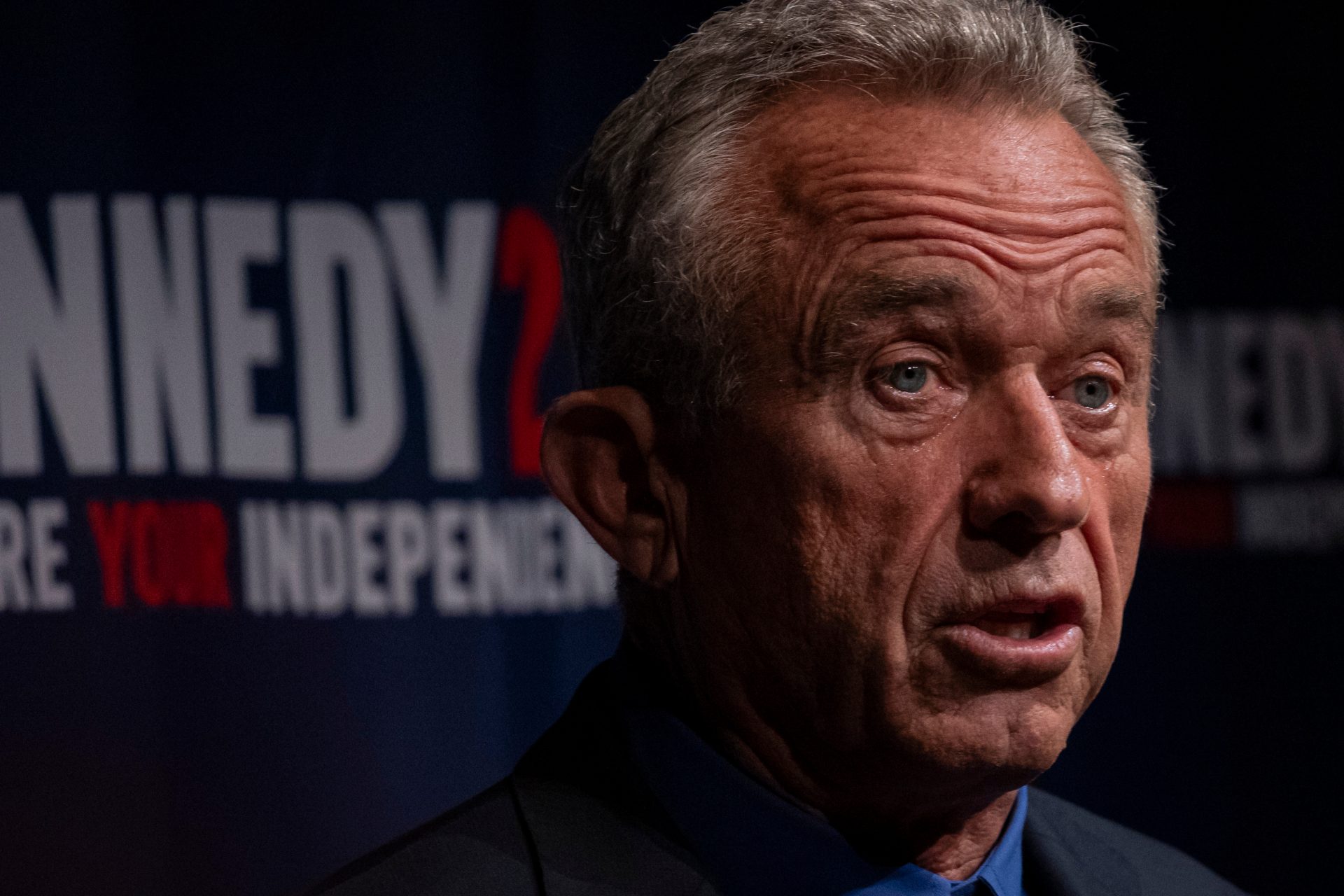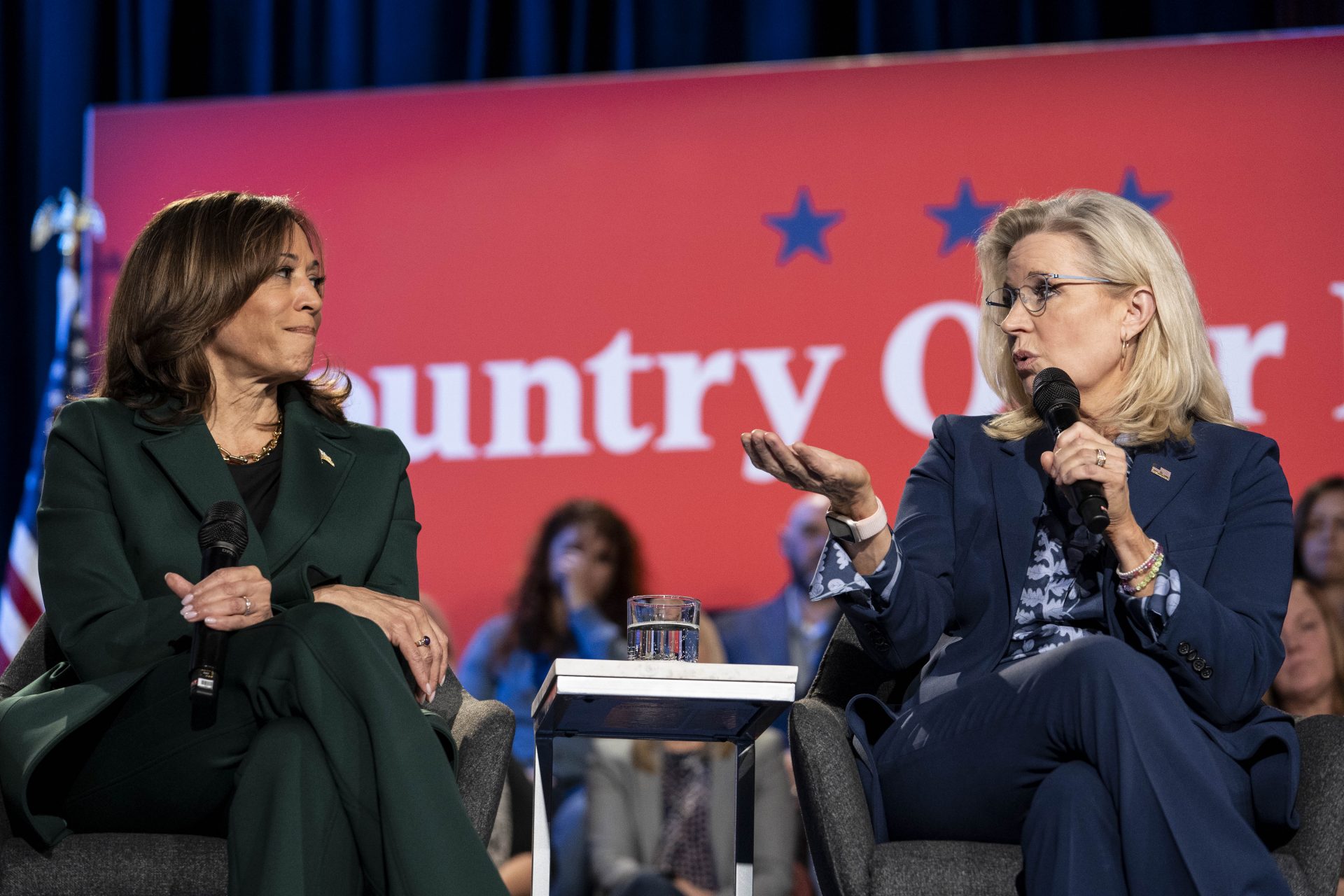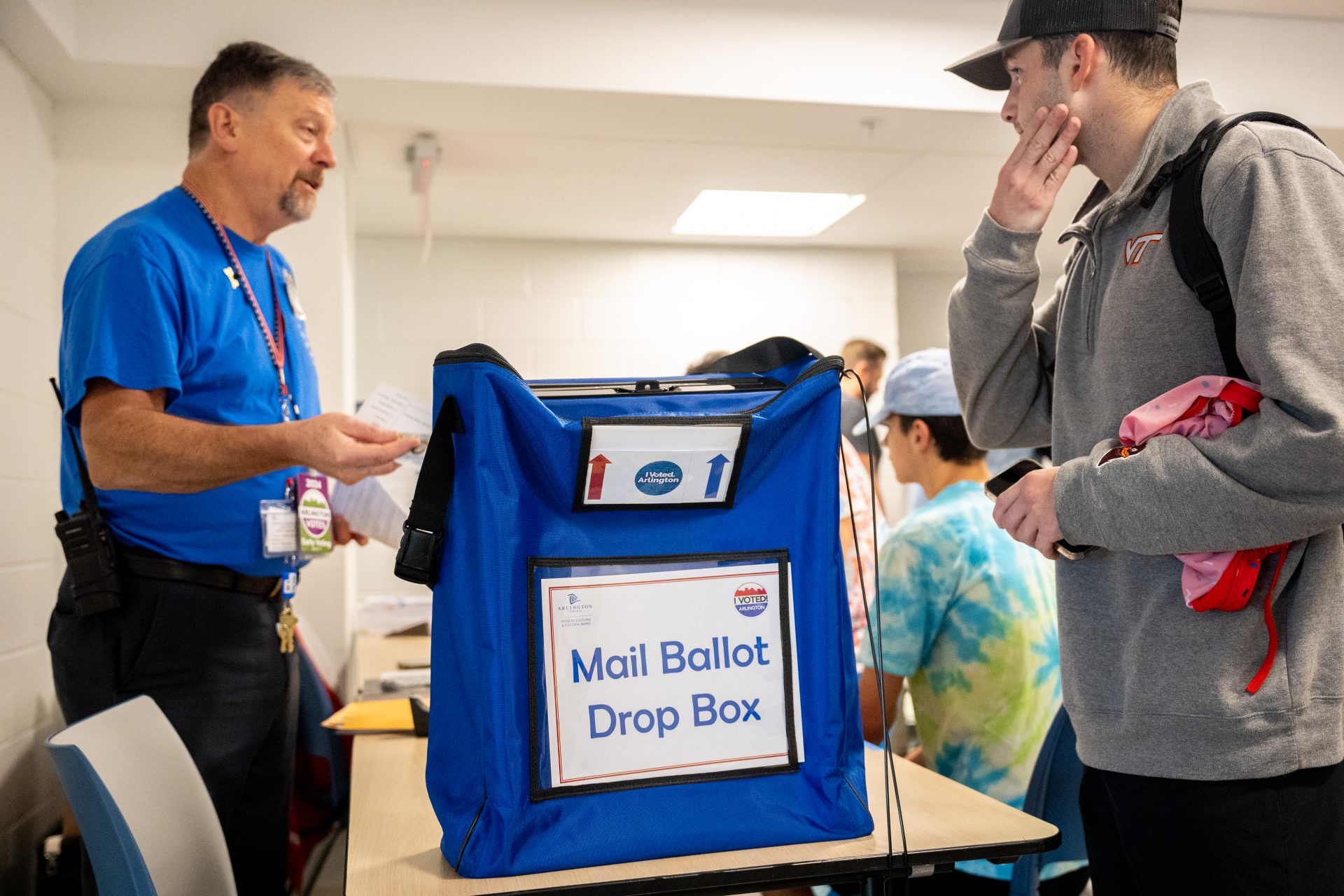Beijing and Moscow are working to influence Latin America general warns
Russia and China are working to increase their influence in Latin America, and trying to compete with Washington in the region, according to the Commander of U.S. Southern Command General Laura J. Richardson.
While speaking at the Aspen Security Conference, Richardson revealed the situation evolving in Latin America and pointed to growing economic and diplomatic ties as evidence that a change in the status quo was unfolding according to Business Insider.
"I'd say China is playing chess,” Richardson explained to conference attendees before she added Beijing had a “long-term view” and was “setting the theatre.” She noted that Beijing's Belt and Road Initiative was expanding.
Richardson pointed to the 25 Latin American countries that have already signed up to join China’s Belt and Road Initiative as a sign of Beijing’s growing influence and added that Chinese investments "cover almost the entire region.”
China has invested in projects that range from new metro systems and railway networks to telecommunications and dams all “under the guise of economics.” However, there are a few investment projects she sees as very concerning.
Chinese investments in critical infrastructure projects including deep-water ports as well as those in the energy, cyber security, and space sectors used for military purposes are all major issues. "This is a global problem," Richardson said.
“It makes me a little suspicious when it's in the critical infrastructure,” Richardson said at the security forum according to a news release from the U.S. Department of Defense. "I worry about the dual-use nature of that.”
“These are state-owned enterprises by a communist government,” Richardson added. “I worry about the flipping of that to a military application. But China’s encroachment in the region isn't the only thing that worries Richardson.
Moscow is also making inroads in Latin America. But Richardson said that while China was “playing chess” in the region, Russia was “playing checkers,” meaning the Kremlin was not operating at the same level as Beijing.
According to the Department of Defense, Richardson pointed to Russia sending warships to visit Cuba, Venezuela, and Nicaragua—as well as high-level government visits to each of those nations—as evidence of Russian encroachment in the region.
Russian attempts to engage the nations of Latin America are not taking as long-term as the projects being invested in by the Chinese government, but it is clear from what has happened over the last year that South America is a target of U.S. adversaries.
Richardson explained that the United States has long overlooked the region, referring to the situation as "South blindness,” and explained to the attendees of the Aspen Security Conference why Washington should take a more active role in the region.
"We need to realize how resource-rich this neighborhood is and how close our competitors and adversaries are in the region," Richardson said. Whether or not her advice will be heeded has yet to be seen.
One of the biggest problems the United States faces in South America is a lack of a proper ambassador in some nations. Ambassadors are U.S. Southern Command’s number one asset in the region according to Richardson.
However, due to many ambassadors not being confirmed promptly, many of the nations south of the United States don’t have an ambassador. "We have an absolute connective tissue with all of our U.S. ambassadors in the region,” Richardson said.
Another main driver of American influence in the region is economic power, from various U.S. agencies like the Commerce Department, the U.S. Agency for International Development, NASA, the Inter-American Development Bank, the American Chambers of Commerce, and the U.S. International Development Finance Corporation.
"I really believe that economic security and national security go hand in hand here in this hemisphere, and we have got to work both of them together very, very quickly," Richard explained while talking about increasing U.S. influence on Latin America.
More for you
Top Stories



